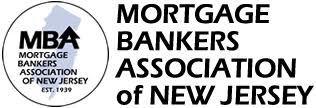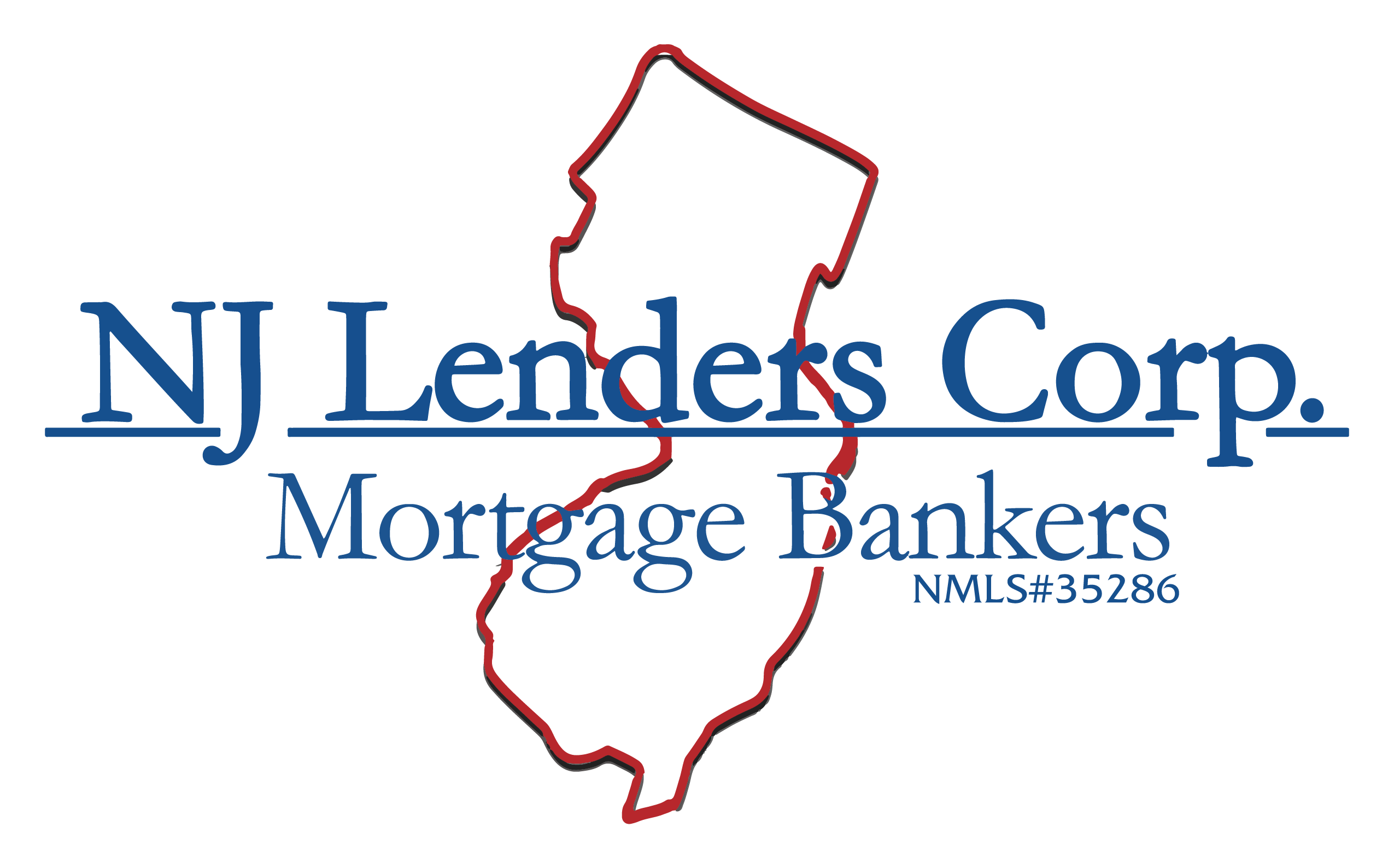| How much interest can I be charged for a loan? Seems a simple enough question, but the answer is surprisingly complicated. What the money is being borrowed for and the type of business lending you the money will determine the answer and many consumers can find themselves confused trying to figure it out. An example of just how confusing it can be for a consumer to understand what interest rates can be charged on a particular financial transaction is the case of automobile financing. If you purchase a vehicle through an auto dealer, and also finance your purchase through them, your interest limits are based on the age of the car. If the car is two years old or newer, you can be charged up to 18 percent interest annually. If the car is older than two years, you can be charged up to 21 percent interest. But that is only if you have your purchase financed through the auto dealer. What if you go to your bank or credit union to get the loan for a car? There is no limit on the amount of interest or fees a bank can charge you on a loan, and a credit union can charge up to 18 percent interest. (However, in practice the interest rate charged by banks and credit unions are typically lower as compared to other options, especially in this interest rate environment.) The financing you choose – whether through the dealer or through a bank – will be governed by different Pennsylvania laws with different requirements and limitations. Over the many years of my career, both with the department and in a previous life as a legislative staffer, I have borne witness to many of the changes in the laws and regulations dictating interest rates in Pennsylvania. A little history: many interest rates now are tied to the high interest rate economies of the late 1970s and early 1980s. Back then, lenders found themselves having to pay so much for the money they would lend that they needed to be able to charge higher interest rates in order to recoup their costs and actually be a profitable business. During that period, there was a push by lenders to increase interest rates to be able to make more money from the loans. In fact, I can remember a time in those days, talking to members of the Pennsylvania General Assembly, when the idea of a home loan with less than a 10 percent interest rate was unthinkable. Flash forward to today when the average current mortgage interest rates are right around 4.73 percent for a 30-year fixed rate mortgage. Also, at one time, credit card interest rates were capped at 15 percent, and then were eventually raised to 18 percent. The caps were eventually eliminated altogether in the late 1990s after many of the large department stores in the state threatened to move their credit card operations out of Pennsylvania. Faced with the pressure of losing jobs in their districts, lawmakers removed the interest rate caps. These are just a few examples in the complex world of interest rates. The history of various interest rates in Pennsylvania offer some insight into how complicated it may be for an everyday person to figure out if what they are being charged in fees and interest is within the legal limits for the particular financial transaction they have entered into. From unlicensed auto loan schemes charging a whopping 200 percent interest (well beyond the allowable 6 percent interest rate) to "pension advancements," thinly-disguised loans with no contractual or financial relationship with the consumer’s pension or pension plan, often charging far in excess of what is allowable under Pennsylvania law, some unscrupulous businesses may be banking on a consumer not fully understanding their rights when it comes to interest being charged. In an effort to help Pennsylvanians better understand allowable interest rates so they do not find themselves paying more than they should, the department recently introduced a new video series that explains the amount of interest Pennsylvania consumers can be charged when borrowing money. There is a full-length video available or the full series of shorter videos can be found on the department's YouTube channel. These videos are a useful resource to consumers and offer a straightforward answer to the question, "what interest rate can I be charged for this loan?" Pennsylvania consumers with questions about interest rates or other financial issues can contact the department at 1.800.PA.BANKS. | 


.png)


